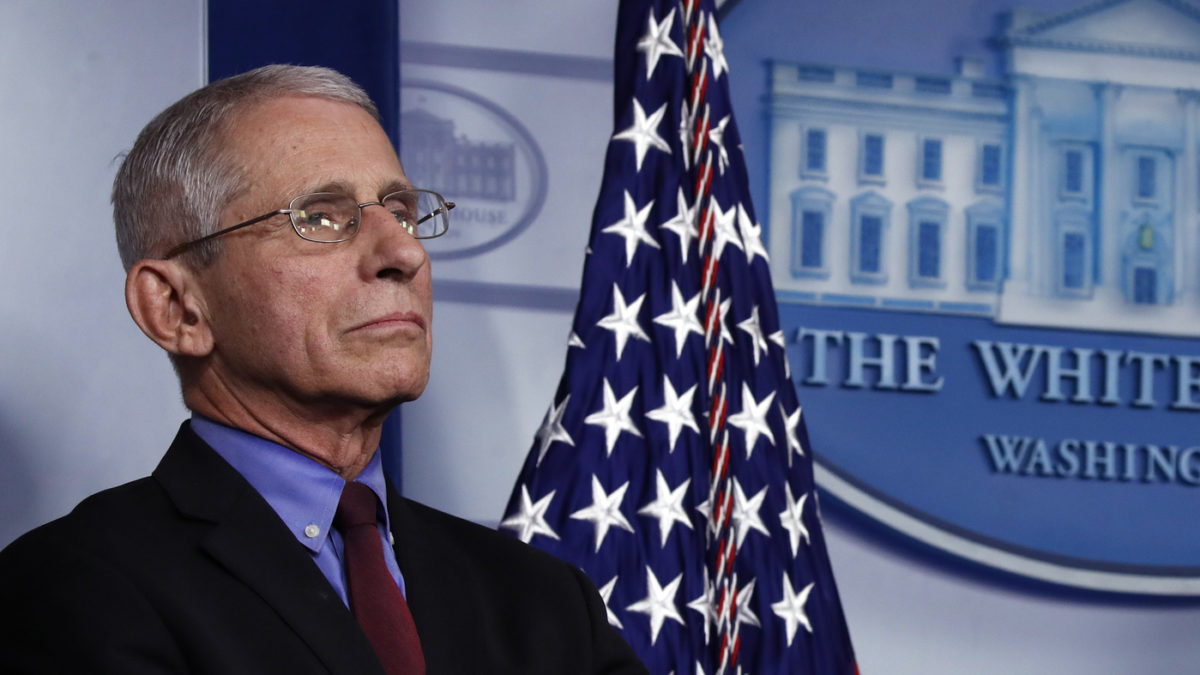A leading coronavirus model has upped its predicted death toll again, this time projecting 74,000 Americans will lose their lives to the virus by August.
The projection was adjusted due to longer peaks in some states and signs that people are becoming more active again, according to Dr. Chris Murray, the director of the University of Washington’s Institute for Help Metrics and Evaluation.
States including Georgia, Texas, Michigan, Hawaii and Alaska have begun reopening. In California, which Gov. Gavin Newsom said is still weeks away from changing its stay-at-home order, beaches in the southern part of the state were packed with thousands of people over the weekend.
The US is also preparing to hit another milestone in the pandemic as it approaches 1 million cases. At least 56,253 Americans have died so far.
“It’s a safer strategy to get the number of infections in the community down to a really low level, and then testing and contact tracing and isolation can work,” Murray said Monday.
Georgia, which Murray’s team warned shouldn’t begin reopening until June 28, began reopening small businesses Friday.
During a press conference Monday, Gov. Brian Kemp said Georgia was “moving forward with data and information and decisions from the local public health officials, meeting and working within the guidelines of the great plan that the President has laid out, and you are seeing many other governors do that as well.”
Dr. Kathleen Toomey, Commissioner for the Georgia Department of Public Health, said “we didn’t meet the full gating criteria, but we met several of them and we were approaching a plateauing, which made us feel that it would be safe to move forward because we had three things in place.”
Those things, Toomey said, were adequate hospitalization, testing capacity and an increasing contact tracing capacity.
As more governors begin reopening their states and others set the date, they’re pushing to get a better idea of how hard their state has been hit through antibody testing. But experts warn there’s still a lot researchers don’t know about the accuracy of the tests, and the World Health Organization has cautioned that no evidence exists yet that antibodies prevent a second infection.
Your coronavirus questions, answered


